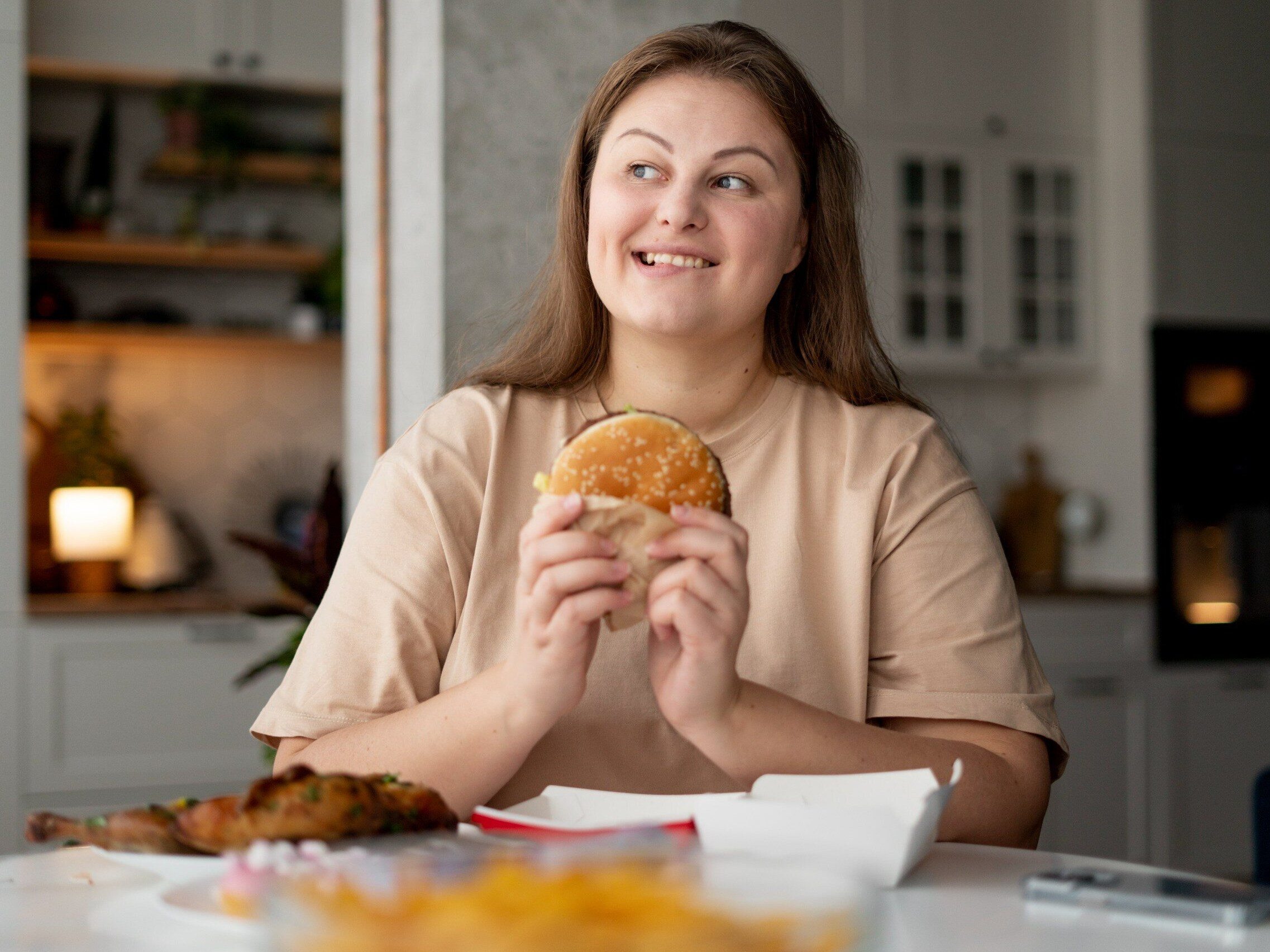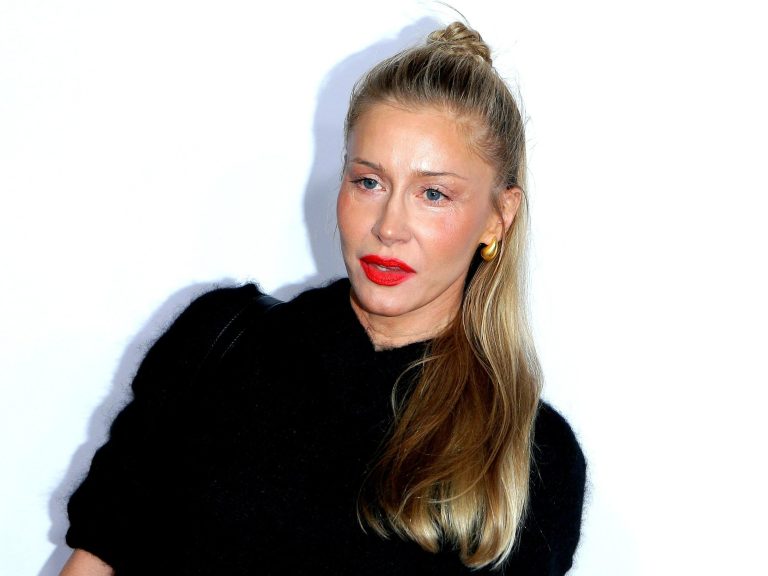Single women gain weight more often? Scientists know why this happens

Why are single people more prone to gaining weight? Recent research helps us understand the relationship between loneliness and unhealthy eating habits.
Loneliness can have a negative impact on both physical and mental health. People who experience long-term loneliness may often experience an increased risk of heart disease, high blood pressure, obesity and immune system problems. Additionally, it may lead to increased stress levels and even depression. But that's not all, a new study shows that women who are lonely have some areas in their brains that are more active. This, in turn, translates into harmful eating habits.
Why do single women gain weight more often? Results of the latest study
Researchers from the University of California in Los Angeles in the United States took a closer look at how the feeling of loneliness affects our diet. Scientists have examined the mechanisms operating in the brains of lonely people responsible for the area of nutrition. The results of the study were published in the journal “JAMA Network Open”, and the authors of the study emphasize that this is the first publication of this type. “Research on how the brain processes loneliness and how it is related to obesity and health has not been conducted so far,” noted Dr. Arpana Gupta, co-author of the publication.
A team of researchers surveyed almost hundreds of women. Specifically, these were 93 healthy premenopausal women (aged 18 to 50). The researchers checked what social support the study women had, as well as their feelings about loneliness and isolation. The team collected data from each participant, including body mass index (BMI) and dietary preferences. The participants' brains were then scanned using functional magnetic resonance imaging, which measures changes in blood flow throughout the brain as surrogate indicators of activity.
They noticed that women who felt lonely weighed more and also had a poorer diet. Moreover, their appetite was stronger, and they more often ate for pleasure and uncontrollably, rather than to satisfy their hunger. Women who felt lonely were also more likely to suffer from depression and anxiety. Additionally, the study found that the brains of such women reacted more strongly to pictures of food (compared to weaker reactions in those showing abstaining from eating).
Loneliness promotes overeating
The researchers concluded that loneliness may transform the processing of eating-related stimuli in the brain, increasing individuals' sensitivity to internal appetite-related states as well as motivation in response to external eating stimuli. They also noticed that sweet foods had a more pronounced effect compared to salty foods. Scientists have also noticed a correlation between loneliness and the need to consume foods and drinks that raise blood glucose levels. Such sweet food is highly rewarding. Researchers believe that in the case of mental health disorders that affect an individual's ability to self-regulate their emotional state, compulsive eating behaviors may emerge as a mechanism for coping with the negative impact that people feel during social isolation.
These are interesting results because they provide evidence for what we intuitively know. When people are lonely, it affects their well-being. They usually underestimate the amount of food they eat, their appetite and their desire for unhealthy food, Dr. Gupta noted.
The team that conducted the study emphasized that the way to break the vicious cycle of feeling lonely and eating high-calorie, sugary foods is to first become aware that you are experiencing loneliness and social isolation. This, in turn, is an important impulse to seek appropriate help and support in this area.






